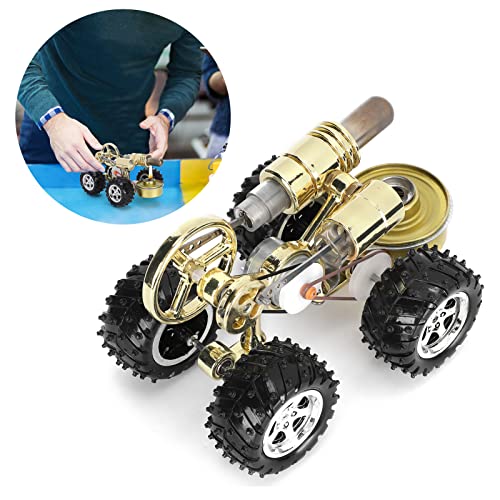- Joined
- Oct 1, 2010
- Messages
- 1,418
- Reaction score
- 443
Ken,
Thank You for a very understandable description. I couldn't foresee the "creative license" that the manufacturer may have put into this. I can see how this type of design would work very well for a motor powering a lathe.
If the motor can be found OK, then it looks like the OP is back to a substitution for the switch, which is do-able. However, In looking at the V10 postings, I see the discussions regarding finding a 3-phase motor and using a VFD. I also see the discussions point out that the motor size and mountings make finding one hard.
yellow_cad,
I don't know your comfort level in all this, but it looks like some advanced troubleshooting is required at this point.
I think, without knowing what that analysis would find, that you are back to creating a substitute for the switch. The latching functions and interlocks incorporated mechanically in the original switch will have to be done through another combination of functions.
Let us know how it goes.
--ShopShoe
Thank You for a very understandable description. I couldn't foresee the "creative license" that the manufacturer may have put into this. I can see how this type of design would work very well for a motor powering a lathe.
If the motor can be found OK, then it looks like the OP is back to a substitution for the switch, which is do-able. However, In looking at the V10 postings, I see the discussions regarding finding a 3-phase motor and using a VFD. I also see the discussions point out that the motor size and mountings make finding one hard.
yellow_cad,
I don't know your comfort level in all this, but it looks like some advanced troubleshooting is required at this point.
I think, without knowing what that analysis would find, that you are back to creating a substitute for the switch. The latching functions and interlocks incorporated mechanically in the original switch will have to be done through another combination of functions.
Let us know how it goes.
--ShopShoe





























![DreamPlan Home Design and Landscaping Software Free for Windows [PC Download]](https://m.media-amazon.com/images/I/51kvZH2dVLL._SL500_.jpg)































![MeshMagic 3D Free 3D Modeling Software [Download]](https://m.media-amazon.com/images/I/B1U+p8ewjGS._SL500_.png)